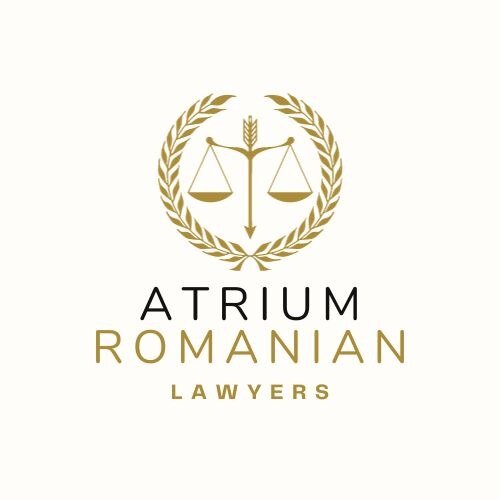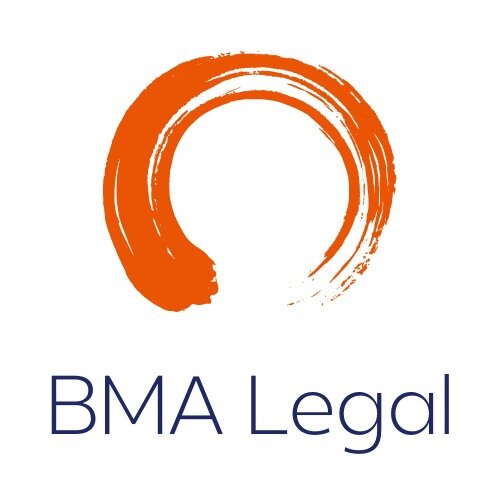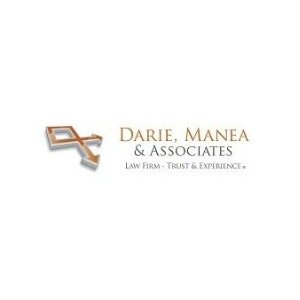Best Creditor Lawyers in Romania
Share your needs with us, get contacted by law firms.
Free. Takes 2 min.
Or refine your search by selecting a city:
List of the best lawyers in Romania
About Creditor Law in Romania
Creditor law in Romania encompasses the legal regulations and frameworks governing the rights and obligations of creditors. These laws are designed to ensure fair treatment for creditors while providing mechanisms for debt recovery and handling insolvencies. The legal system seeks to balance the interests of creditors and debtors, promoting efficient resolution of financial disputes. Key statutes include the Civil Code and insolvency laws, which outline creditor rights, the ranking of claims, and procedures for debt enforcement and recovery.
Why You May Need a Lawyer
There are several situations where individuals or businesses may require the assistance of a lawyer specializing in creditor law in Romania:
- Debt Recovery: If a debtor has failed to repay a debt, a lawyer can help initiate legal proceedings to recover funds.
- Insolvency Proceedings: Legal assistance is crucial in navigating insolvency cases to safeguard creditor rights and interests.
- Contractual Disputes: Lawyers can provide guidance on contractual obligations and rights, ensuring enforcement of terms.
- Security Interests: Establishing and enforcing security interests to protect creditor assets may require legal expertise.
- Negotiations and Settlements: Lawyers can facilitate negotiations with debtors to reach amicable settlements and avoid litigation.
Local Laws Overview
Romanian creditor law is influenced by both national statutes and European Union directives. The following are key aspects relevant to creditors:
- Civil Code: Offers a comprehensive legal framework for contracts, obligations, and debt-related issues.
- Insolvency Law: Governs the insolvency process, including liquidation and reorganization, detailing creditor priority and rights.
- Enforcement Procedures: Describes the methods and legal tools available to creditors for debt recovery, such as garnishment and asset seizure.
- Priority of Claims: Establishes the hierarchical order in which creditor claims are to be satisfied in insolvency cases.
- Corporate and Security Laws: Regulations regarding securing interests, mortgages, and pledges to safeguard creditor stakes.
Frequently Asked Questions
1. What is the process for recovering a debt in Romania?
Debt recovery typically involves sending demand letters, initiating legal action through court, and using enforcement measures like garnishments or asset seizures.
2. How are creditors prioritized in an insolvency proceeding?
Creditors are prioritized based on legal categorization, with secured creditors generally having preference over unsecured creditors in receiving payment from debtor assets.
3. Can a foreign creditor pursue debt recovery in Romania?
Yes, foreign creditors can pursue debt recovery in Romania under local laws, often requiring legal representation to navigate the jurisdictional and procedural nuances.
4. What are some common security interests creditors can use?
Common security interests include mortgages on property, pledges on movable assets, and assignments of receivables, providing creditors assurances in debt repayment.
5. How long does the debt enforcement process take?
The duration varies; straightforward cases may resolve in months, while complex disputes could extend for years, often depending on court backlogs and debtor resistance.
6. What options do creditors have if a debtor declares bankruptcy?
Creditors may file claims, attend creditor meetings, and participate in insolvency proceedings to secure their rights and negotiate repayment plans or asset distribution.
7. Can a creditor force a debtor into bankruptcy?
Under certain conditions, creditors can petition the court to initiate bankruptcy proceedings against a debtor unable to meet financial obligations.
8. Are there any alternatives to litigation for resolving debt disputes?
Alternative dispute resolution methods such as arbitration or mediation can offer faster, less adversarial solutions compared to litigation.
9. What role does a legal adviser play in debt recovery?
Legal advisers help draft necessary documents, negotiate settlements, ensure compliance with laws, and represent clients in court proceedings.
10. Is it necessary to have a lawyer for all creditor-related matters?
While not mandatory for all situations, having legal assistance ensures adherence to legal standards, maximizes recovery chances, and protects creditor interests.
Additional Resources
Consider utilizing the following resources for further information on creditor law in Romania:
- National Trade Register Office: Provides insights into business registrations and insolvency proceedings.
- Romanian Bar Association: Offers access to licensed professionals specializing in creditor law.
- Official Gazette of Romania: Serves as a source for legal updates and law revisions impacting creditor rights.
- Ministry of Justice: Contains comprehensive legal texts and guidelines relevant to creditors and insolvency.
Next Steps
If you require legal assistance in creditor matters, consider the following steps:
- Consult with a Specialized Lawyer: Seek a lawyer with expertise in Romanian creditor law for personalized guidance.
- Prepare Documentation: Gather all relevant contracts, invoices, and correspondence related to the debt issue.
- Evaluate Legal Options: With your lawyer, assess the applicable legal strategies tailored to your specific circumstances.
- Initiate Legal Proceedings: If necessary, begin litigation or enforcement actions to assert your rights and recover debts.
- Stay Informed: Keep updated on changes in creditor and insolvency laws that may influence your legal approach.
Lawzana helps you find the best lawyers and law firms in Romania through a curated and pre-screened list of qualified legal professionals. Our platform offers rankings and detailed profiles of attorneys and law firms, allowing you to compare based on practice areas, including Creditor, experience, and client feedback.
Each profile includes a description of the firm's areas of practice, client reviews, team members and partners, year of establishment, spoken languages, office locations, contact information, social media presence, and any published articles or resources. Most firms on our platform speak English and are experienced in both local and international legal matters.
Get a quote from top-rated law firms in Romania — quickly, securely, and without unnecessary hassle.
Disclaimer:
The information provided on this page is for general informational purposes only and does not constitute legal advice. While we strive to ensure the accuracy and relevance of the content, legal information may change over time, and interpretations of the law can vary. You should always consult with a qualified legal professional for advice specific to your situation.
We disclaim all liability for actions taken or not taken based on the content of this page. If you believe any information is incorrect or outdated, please contact us, and we will review and update it where appropriate.
Browse creditor law firms by city in Romania
Refine your search by selecting a city.

















